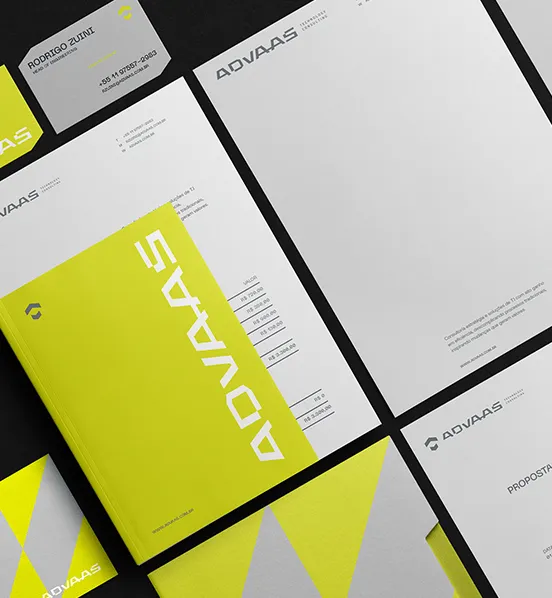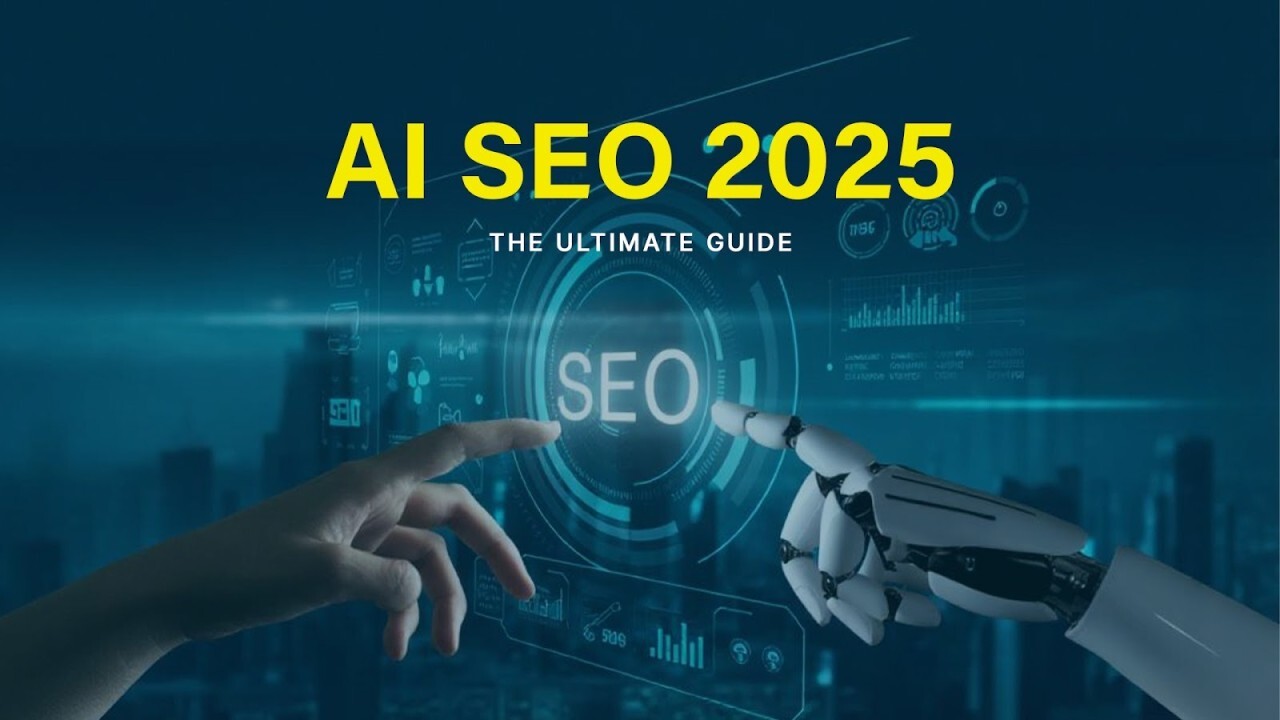The Complete Guide to AI Website Optimization in 2025
In today's digital world, having a website isn't enough. Users expect fast-loading, highly relevant, and easy-to-navigate websites. Google's algorithms have evolved to prioritize websites that provide superior experiences, and in 2025, AI plays a pivotal role in achieving this. If your website is slow, hard to navigate, or not optimized for search engines, you're losing potential customers every day. This guide helps you solve common website problems using AI-powered optimization strategies, ensuring your online presence drives real results.
Why AI Website Optimization Is Critical in 2025
Many websites still struggle with issues like slow load times, low search rankings, or poor user engagement. AI website optimization helps solve these problems by:
- Improving SEO performance through intelligent keyword analysis and content structuring.
- Boosting site speed, reducing bounce rates, and keeping users engaged.
- Enhancing user experience by personalizing content and navigation.
- Optimizing for voice and mobile searches, which are becoming increasingly popular.
By addressing these problems, your website can attract more visitors, convert more leads, and grow your business online.
Common Website Problems and How AI Can Solve Them
1. Low Search Engine Visibility
Problem: Your website isn't ranking for relevant search queries, so potential customers can't find you.
Solution: AI can analyze search trends and suggest relevant keywords, content topics, and meta descriptions that align with what users are searching for. By optimizing content for AI-powered search engines, you can improve your visibility and attract high-intent traffic.
Example: A small online store struggling to rank for "eco-friendly candles" can use AI insights to identify long-tail keywords like "organic soy candles for home" and create content that matches user intent.
2. Slow Website Performance
Problem: Slow-loading websites frustrate visitors, increase bounce rates, and harm SEO rankings.
Solution: AI tools can analyze your site's performance and pinpoint bottlenecks, such as unoptimized images, large scripts, or server issues. By addressing these, you can ensure faster load times and smoother user experiences.
Example: An e-commerce site notices users abandoning checkout pages. AI optimization shows that large product images are causing slow load times. Compressing images and using AI-based caching improves speed, keeping customers engaged.
3. Poor User Experience (UX)
Problem: Users leave your website quickly because they can't find information easily or the interface is confusing.
Solution: AI helps identify pain points by analyzing user behavior, clicks, and navigation paths. It can suggest better layouts, content prioritization, and personalized experiences to keep users engaged.
Example: A blog site uses AI to track which articles keep users reading longer. Based on this data, the site reorganizes content and recommends related posts, increasing session duration and returning visitors.
4. Ineffective Content Strategy
Problem: You publish content, but it fails to attract traffic or conversions.
Solution: AI helps determine the topics, formats, and keywords your audience is actively searching for. It can also optimize headings, meta tags, and readability, ensuring content solves user problems and ranks higher in search results.
Example: A travel website wants to attract users searching for "budget travel tips." AI suggests creating a comprehensive guide with subtopics like "cheap accommodation" and "affordable activities," directly addressing what users want to know.
5. Voice Search and Mobile Search Challenges
Problem: More users are searching via mobile devices or voice assistants, but your website isn't optimized for these queries.
Solution: AI can analyze conversational search patterns and optimize your content for natural language queries. Additionally, it ensures your website is mobile-friendly, responsive, and loads quickly on all devices.
Example: A local bakery wants to rank for voice queries like "best cupcakes near me." AI helps identify relevant phrases and structure content for voice-friendly results.
6. Low Conversion Rates
Problem: Visitors come to your website but don't take action (purchase, subscribe, or contact).
Solution: AI identifies barriers in the conversion funnel and suggests changes in calls-to-action, landing page layouts, and personalized content. By improving these, you can turn visitors into customers more effectively.
Example: A SaaS company finds users dropping off during free trial signups. AI analysis reveals confusing form fields. Streamlining the form and offering AI-generated guidance increases conversions.
Benefits of AI Website Optimization for Users
By addressing these common problems, AI website optimization provides clear benefits:
- Faster websites reduce frustration and improve satisfaction.
- Relevant content ensures users find answers quickly.
- Personalized experiences keep users engaged and returning.
- Higher visibility in AI-powered search engines attracts more qualified traffic.
- Better accessibility for mobile and voice search users.
Ultimately, AI optimization isn't just about technical improvements—it's about solving real problems for your users.
Conclusion
AI website optimization in 2025 is essential for businesses that want to grow online. By using AI to solve common problems like low visibility, slow performance, poor user experience, and low conversions, your website can become a powerful tool for attracting, engaging, and converting users.
Focusing on user-centric solutions ensures your site isn't just technically optimized—it actually helps people find what they need, quickly and efficiently. Design Syndra emphasizes strategies that put users first, because a website that solves problems naturally succeeds in search engines and business growth.
FAQ: AI Website Optimization in 2025
Q1: What is AI website optimization?
A1: AI website optimization uses artificial intelligence to improve website performance, SEO, speed, and user experience, making it more useful and accessible for visitors.
Q2: How does AI help solve website problems?
A2: AI analyzes user behavior, search trends, and site performance to recommend changes that improve visibility, usability, and conversions.
Q3: Do I need AI to improve my website?
A3: While not strictly necessary, AI provides insights and automation that are difficult to achieve manually, making optimization faster and more accurate.
Q4: How can AI improve user experience?
A4: AI personalizes content, predicts user intent, and identifies navigation issues to ensure visitors can find what they need efficiently.
Q5: Will AI optimization improve search rankings?
A5: Yes. By aligning content with user intent, optimizing site speed, and providing better user experiences, AI optimization helps websites rank higher on search engines, including AI-powered search results.



